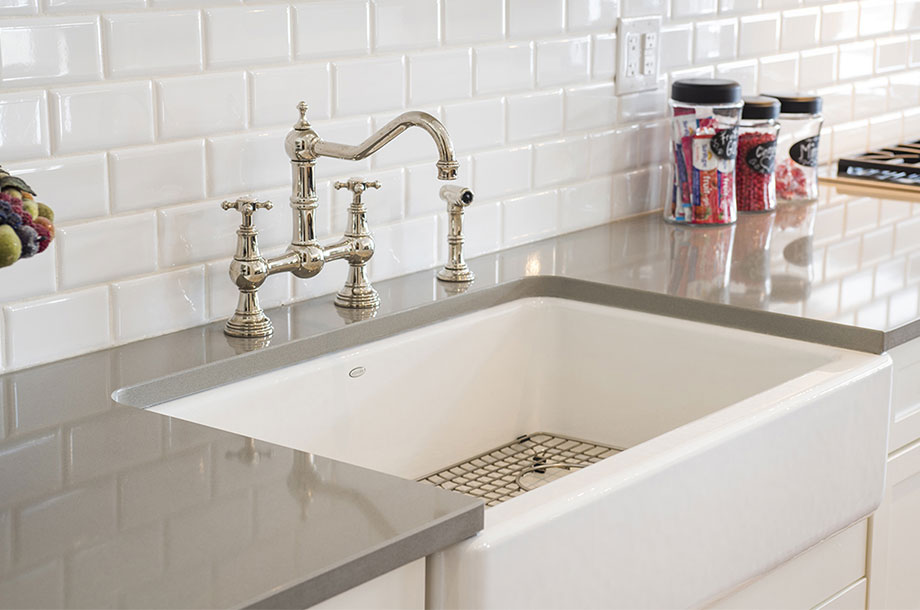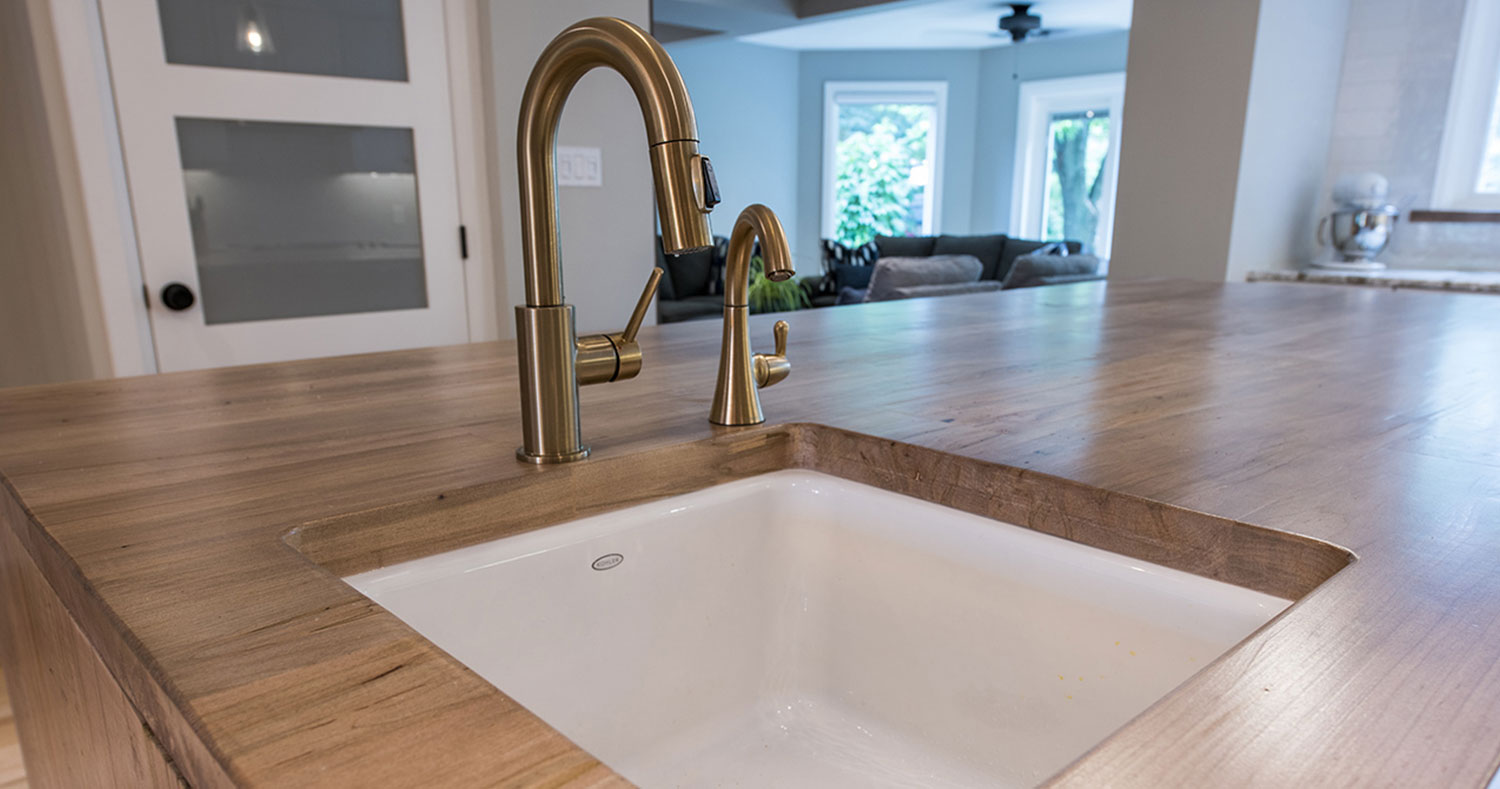British Columbia’s water quality is generally excellent. Covered by the Drinking Water Protection Act, suppliers are required to maintain stringent standards and notify users when problems arise.
Even so, you might find tap water sometimes tastes unpleasant. You see, water from individual homes can be negatively affected by old pipes and local cross-contamination. A water filtration system assures you of pure-tasting water without waterborne illnesses- even when your pipes are old or have been left unused for long periods of time.
Understanding Filtration
Your budget isn’t the only determinant of your choice of filter. The right filtration system should address the unique water quality challenges of your region without causing core nutrient deficiencies. There are a few different approaches to filtration:
- Carbon filters use activated carbon to remove herbicides and other toxins, chlorine, and inorganic chemicals. Some contain solid block and pre-coat absorption filters that can reduce lead content. Carbon cannot remove salt, nitrates, and nitrites, so it can’t soften hard water.
- Reverse osmosis removes heavy metals, minerals, some microbes, and asbestos. If carbon is included in your system, it will also remove inorganic toxins. Important nutrients like fluoride are also removed during this process, so supplementation is critical.
- Distillers remove dissolved solids like salts and metals.
- UV purifiers kill viruses and bacteria, but not chemical pollutants and spores.
- Whole house sediment filtration can remove sand, scale, and organic matter.
- Ion exchange systems are effective water softeners.
- Catalytic conversion is a new technology that can soften water without using salt or backwashing, which tends to weigh heavily on your utility bills.
- Ozonation uses O3 to remove by-products like bromates and is usually combined with another filter that purifies the oxidized water.

Suppliers will often offer filters that are customized to your region’s challenges. Filters can be further categorized as countertop, cabinet, and whole house systems. The latter is the most effective because it prevents cross-contamination and treats all household water, including your supply to your washing machines, toilets, and showers. If your water is hard, a whole house system is the most practical way to achieve a balance of filtration and softness where it’s needed.
The Custom System
A whole house water filtration system is easily added to your custom home. It allows you to adjust your filtration strategy to your area and can be adapted to well water. Your choice will be determined by the flow rate you require for your appliances and taps. This is measured in gallons per minute. Typically three to five gallons per minute is the appropriate flow rate to meet a households most basic needs.
In Canada, your filter should also be certified by the Water Quality Association, which offers listings that rate effectiveness and sustainability.
Bottom Line
The Water Quality Association tracks contaminants of emerging concern. These can include pharmaceuticals, personal care product contamination, and endocrine-disrupting compounds. The association recommends homeowners have their own water tested before they develop a filtration strategy. As with any system, the more knowledge you have, the better you meet your needs. Your custom home provides the perfect opportunity to install a system that keeps your family safe and healthy. Get your water tested and discuss your options with your builder.
